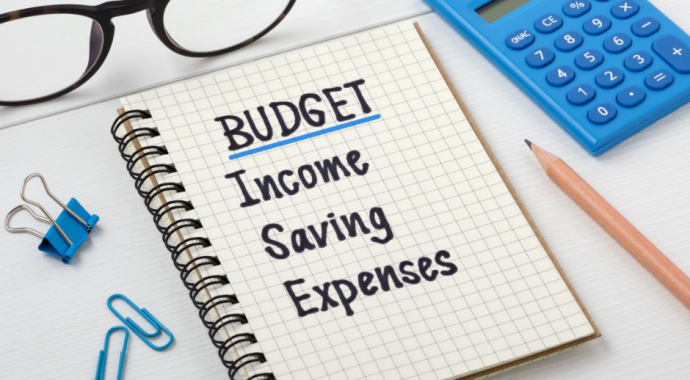
Once educated somewhat on Basics about budgeting, there are several key steps to guide you into a successful Budget implementation. Also, many opportunities exist to create good financial habits and some considerations that may vary on the type of budget. Then, last but not least, there is the actual number crunching.
Understanding ideas and implementation
The first phase of implementing a budget is to set up a series of issues that people are confronted with during their lives. The issues that come up are slightly different depending on your level of success in the employment arena.
Financially successful people wind up needing more planning. They wind up with more tax issues, investment planning and estate type planning. In other words, the more money the more issues to contend with.
Slow and Steady: usually the best idea for most people. It is exceptionally hard to make it fast and rich.
It has been found in studies that women tend to use the slow and steady method while men, who have been in charge for so long, tend to try riskier methods. Both have some successes and failures but the slow and steady method, as earlier mentioned works better in the long run by creating a bit more savings and a bit less debt.
The basic idea of budgeting is:
Savings plus Spending should never exceed income.
This is called Balanced Budgeting. It isn’t necessary to achieve a balanced budget for each month but to achieve it over a period of months. You might overspend one month then underspend the next month. If you overspend a few months in a row then adjustments might need to be made to get back to Balanced Budgeting.
Habits
Financial Goals: create a set of reasonably attainable goals through savings. It is wise to create a set of goals so it is easy to remember why your budget is planned the way it is. Once the goals are set up they should be implemented in the budget.
Savings First: while the first order of business in a budget should be to put aside savings, some people find it better to pay the necessary bills first, then put aside planned savings. It depends on how well your budget is doing. Savings should also be put into accounts that aren’t easily accessible. That means that they shouldn’t be in cash. They should be put in something that has a penalty if taken out. Investments with interest usually have a penalty if withdrawn early. If in a relationship or a couple then a joint account may be in order. A joint account where both people have to sign to get the funds out. Creating good savings habits is important to financial success.
Paying bills: make sure all bills are paid off as fully as possible. Good spending and savings habits make it easy to pay off the bills in their entirety. This simply creates a lot less stress, and budgeting is so much simpler.
Spending: this is always the most crucial. It is the one that can derail the budget, the lifestyle and even relationships. Good Spending habits are crucial. Why? Because there are marketers that are trying like crazy to pry our well-earned income from us at all costs. They don’t even care if we go into debt. They generally just care about profit.
Singles and families need to create great spending habits. This is a major key to financial success.
Number Crunching
With the advent of computers talking to the banks and the credit card companies it has become easier than ever to work budgets. However, cash purchases are still not included in those transactions. For some people, there are a lot of cash transactions. If you’re just starting out budgeting or your budgeting isn’t that good then the cash purchases need to be accounted for. For some people, they can add up to a fair amount.
Number crunching is getting easier but it still can be difficult if debt is involved. It can be difficult to figure out how much to pay off if there are multiple sources of debt. Obviously, no bad/extra debt is the way to go.
It is very important when first budgeting to pay attention to your numbers. Make a habit of checking to make sure that you are truly balancing your budget. It is simply a good habit until the budget is well under control for up to a year. Until then keep double-checking the results.
Results
Good budgeting habits mean:
- No Extra (Bad) Debt (Extra/bad debt is poor and creates stress).
- A balanced budget. is always better for your health over the long run.
- Your savings are on target. Achieving your goals is so satisfying.
- Your health and life will be better off for it. Live more stress free.
KJ/DB
